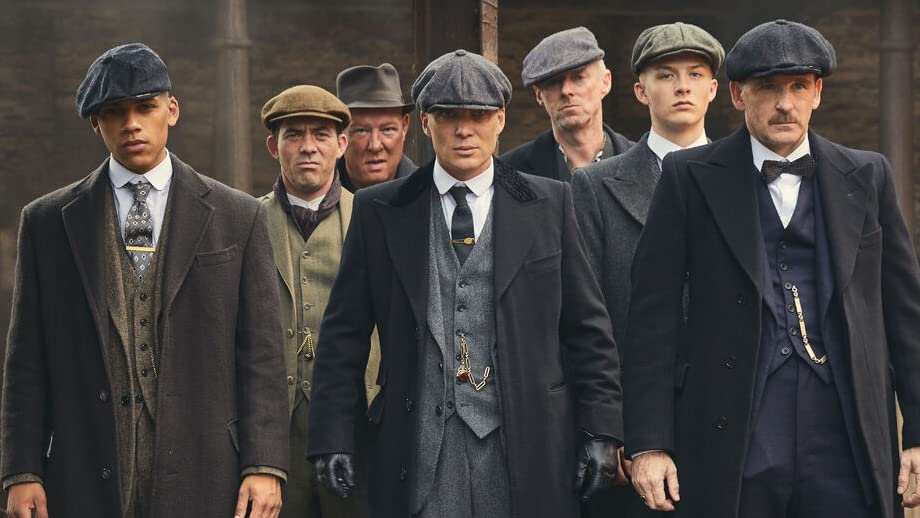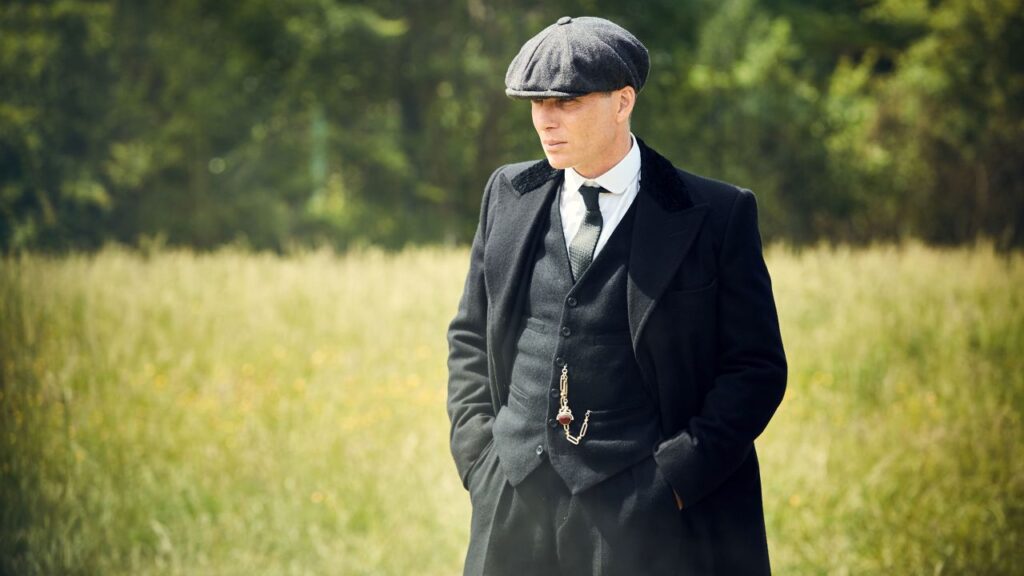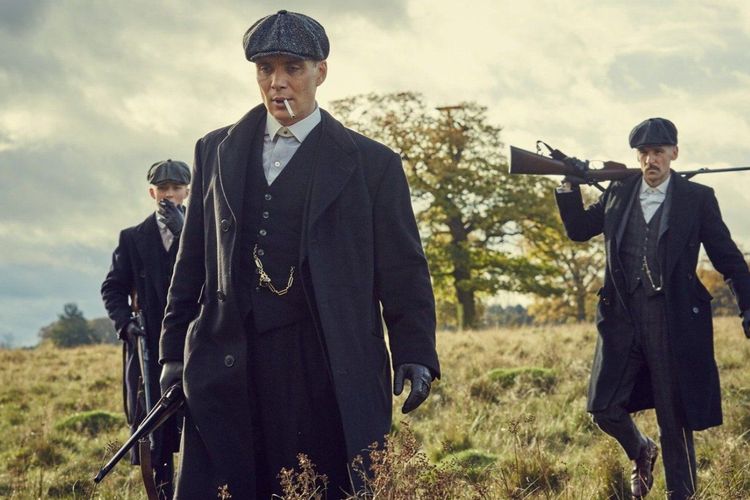
“Peaky Blinders,” the British television series created by Steven Knight, has emerged as a cultural phenomenon, captivating audiences with its intricate plot, morally complex characters, and unforgettable dialogues. Set in post-World War I Birmingham, the show follows the Shelby crime family, led by the enigmatic Thomas Shelby, as they navigate a treacherous world of power struggles, violence, and ambition. This literature review explores the multifaceted themes and storytelling prowess of “Peaky Blinders,” highlighting some of its most memorable dialogues that encapsulate the essence of the series.
Historical and Social Context
To understand “Peaky Blinders,” one must delve into the historical and social context of post-war Britain. The aftermath of World War I left an indelible mark on the nation, and the series captures this period’s turbulence and transformation. One of the most evocative dialogues reflecting this context occurs early in the series:
“I know what this place can be, I know what we could make it. This place could be our Jerusalem.” – Thomas Shelby
This dialogue by Thomas Shelby reflects the desire for upward mobility and prosperity in a post-war, industrial Birmingham. It encapsulates the family’s aspiration to rise above their working-class roots and create their version of a promised land.
Ambition and Power
“Peaky Blinders” is a narrative underpinned by ambition and the ruthless pursuit of power. Thomas Shelby, the central character, personifies this drive. One of his most iconic lines underscores his unrelenting nature:

“I want you to know that I will never let anyone come between me and this family.” – Thomas Shelby
This dialogue epitomizes Thomas Shelby’s commitment to the Shelby clan’s dominance and protection, emphasizing the lengths he is willing to go to preserve their supremacy.
Family Loyalty
Central to the show is the theme of family loyalty, albeit one that is often mired in moral ambiguity. The Shelby family’s unwavering allegiance to one another is encapsulated in the words of Thomas Shelby:
“I love the bones of you, but you know as well as I do, we’re cut from the same cloth.” – Thomas Shelby
This dialogue illustrates the complexity of the familial bonds in “Peaky Blinders.” The Shelbys’ loyalty to each other is unwavering, even when their actions and choices are morally ambiguous.
Complex Characters and Moral Ambiguity
“Peaky Blinders” excels in creating morally complex characters who straddle the line between heroism and villainy. This moral ambiguity is highlighted in the following exchange between Thomas Shelby and Inspector Chester Campbell:
“I’m not a monster, Mr. Campbell. I’m just ahead of the curve.” – Thomas Shelby
Thomas Shelby’s words here are a testament to the blurred lines between good and evil in the series. It is this complexity that makes the characters in “Peaky Blinders” so intriguing and their actions so unpredictable.
Social Commentary and Class Struggle
Beneath the criminal underworld narrative, “Peaky Blinders” also serves as a commentary on class struggle and societal divisions. The tension between the working class and the elite is palpable in dialogues like this one:
“The English upper class always ensure they’ve got the ordinary people to do their dirty work.” – Arthur Shelby
Arthur Shelby’s statement exposes the inherent inequality and exploitation of the working class by the upper echelons of society, a theme that resonates throughout the series.
Betrayal and Deceit
Betrayal and deceit are recurring motifs in “Peaky Blinders,” and characters are often forced to grapple with the consequences of their actions. Polly Gray, one of the series’ complex characters, reflects on this in a poignant dialogue:
“You can change what you do, but you can’t change what you want.” – Polly Gray
Polly’s words encapsulate the internal conflicts that many characters face as they navigate a world fraught with duplicity and danger. It underscores the idea that one’s desires can be both a source of strength and vulnerability.
Violence and Redemption
“Peaky Blinders” does not shy away from depicting the brutal nature of its characters, but it also explores the possibility of redemption. Thomas Shelby, despite his ruthless persona, grapples with his own demons, as evident in this dialogue:

“I’m a man of my word. I’m a fucking Peaky Blinder.” – Thomas Shelby
This dialogue encapsulates the duality of Thomas Shelby’s character—the capacity for both extreme violence and unwavering loyalty. It hints at the idea that redemption might be within reach, even for those deeply entrenched in a life of crime.
Conclusion: The Power of “Peaky Blinders”
“Peaky Blinders” transcends the crime genre, offering a complex narrative rich in themes that resonate deeply with audiences. Its unforgettable dialogues serve as windows into the souls of its characters and the morally ambiguous world they inhabit. From themes of ambition and power to family loyalty, moral ambiguity, and societal commentary, the series weaves a tapestry of storytelling that captivates and challenges viewers.
As “Peaky Blinders” continues to evolve, it stands as a testament to the enduring power of television to explore the complexities of the human condition and the dynamics of power, loyalty, and deceit in a world forever changed by war and ambition. Through its unforgettable dialogues and multifaceted characters, “Peaky Blinders” leaves an indelible mark on the landscape of contemporary television.